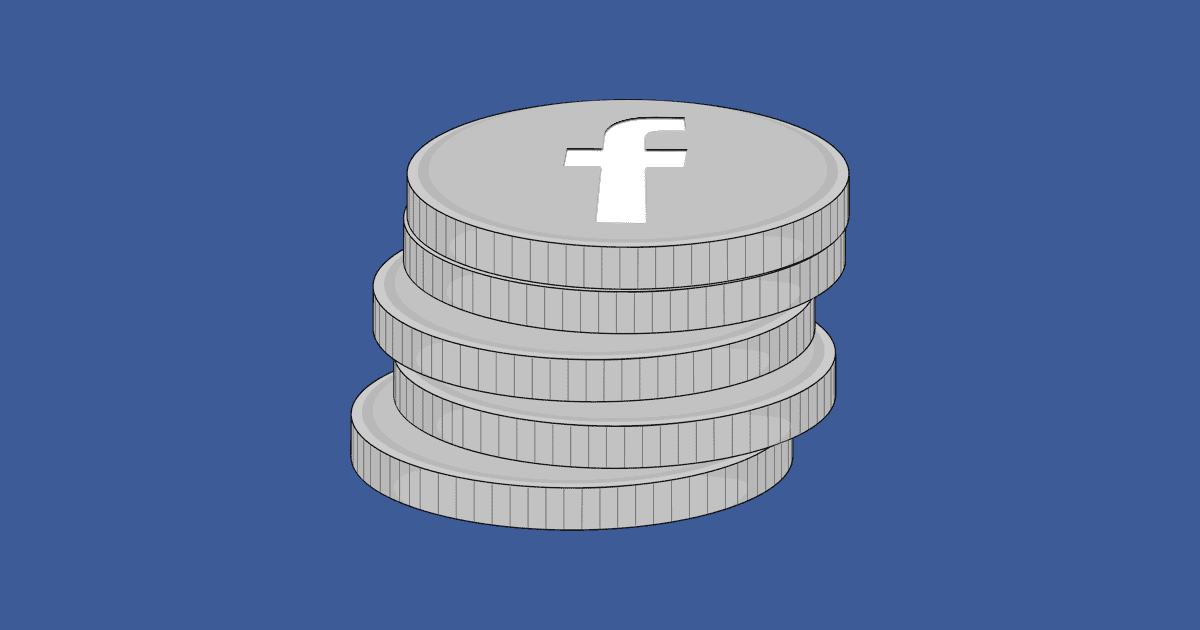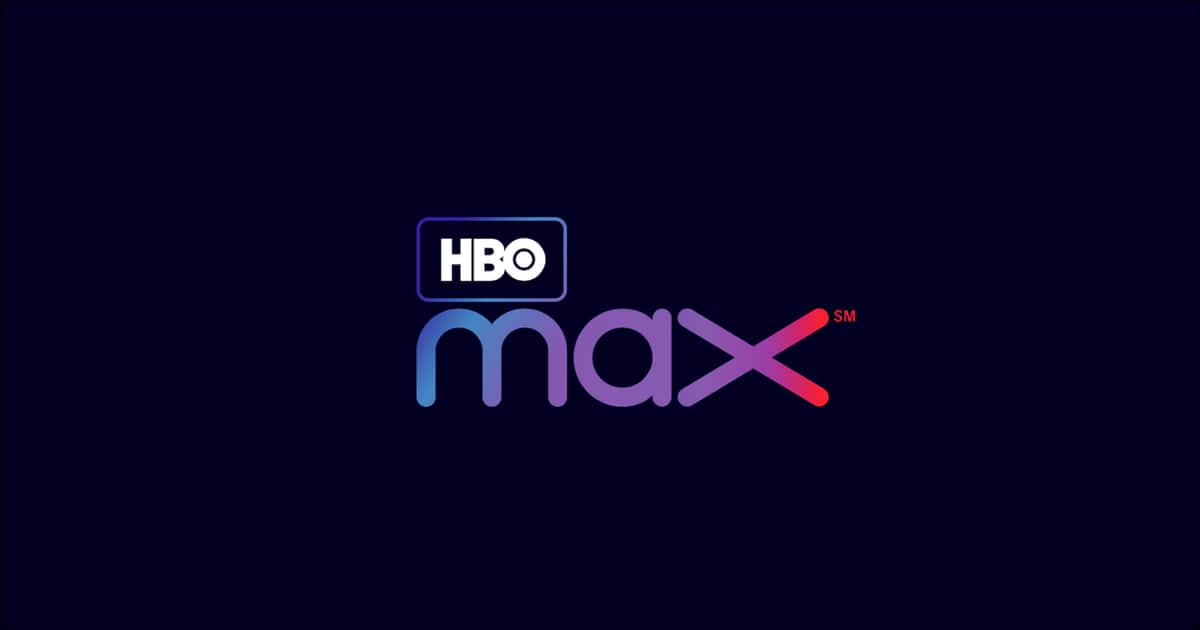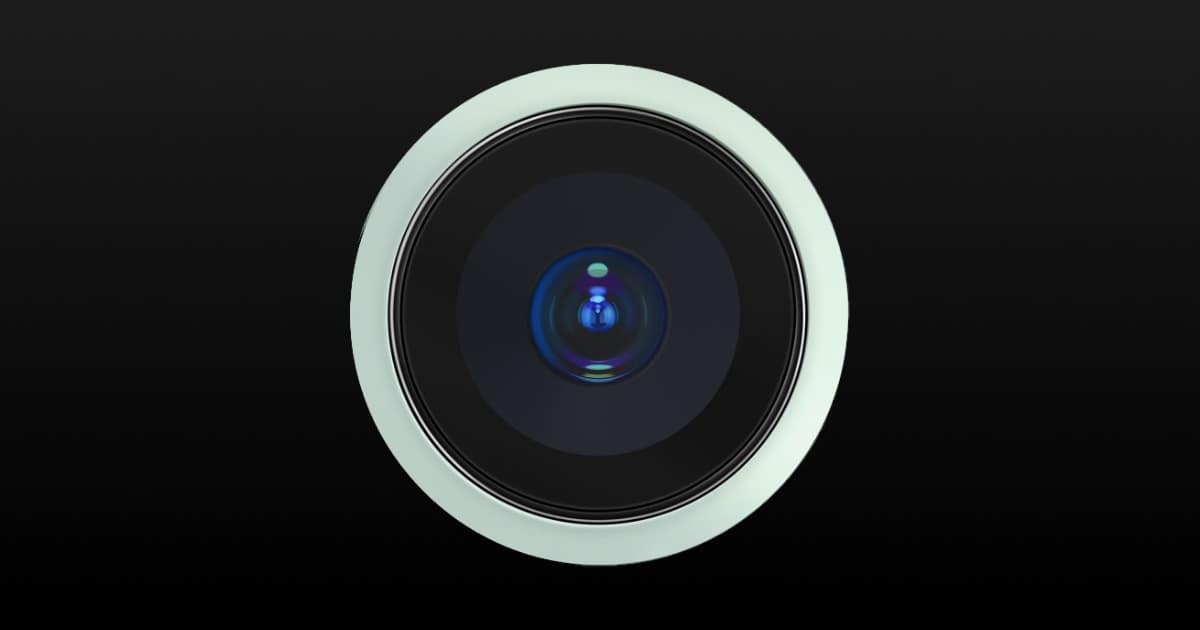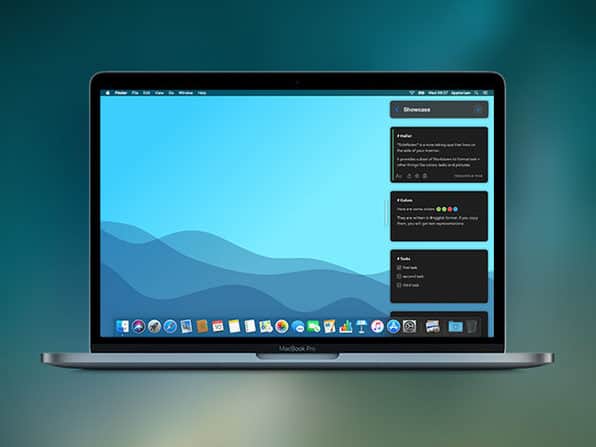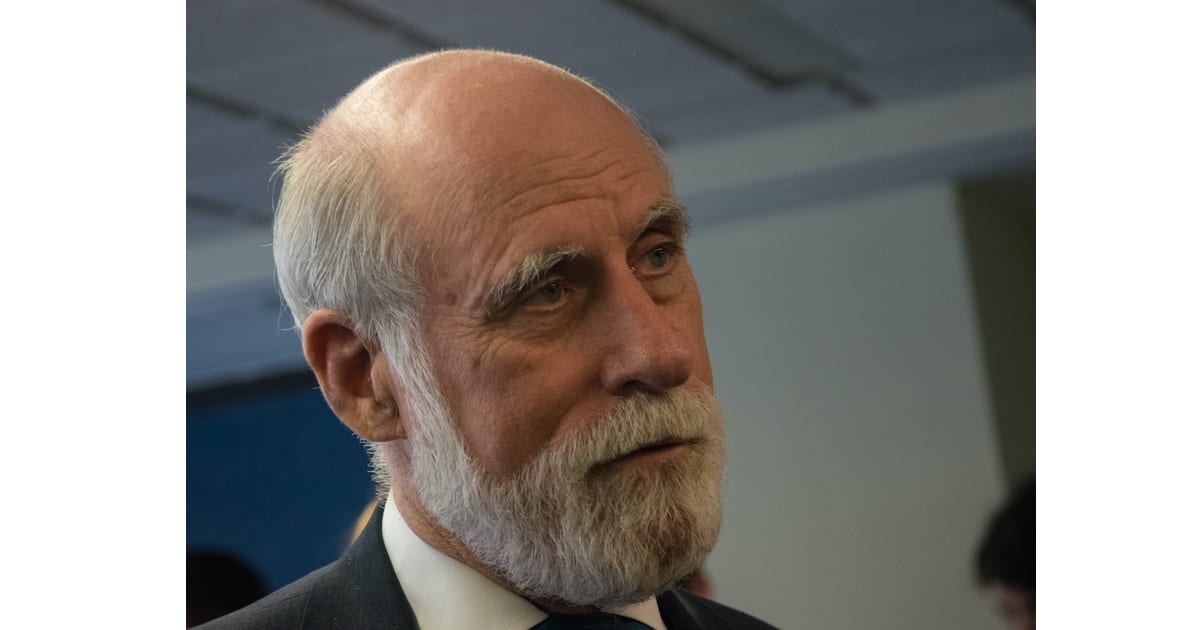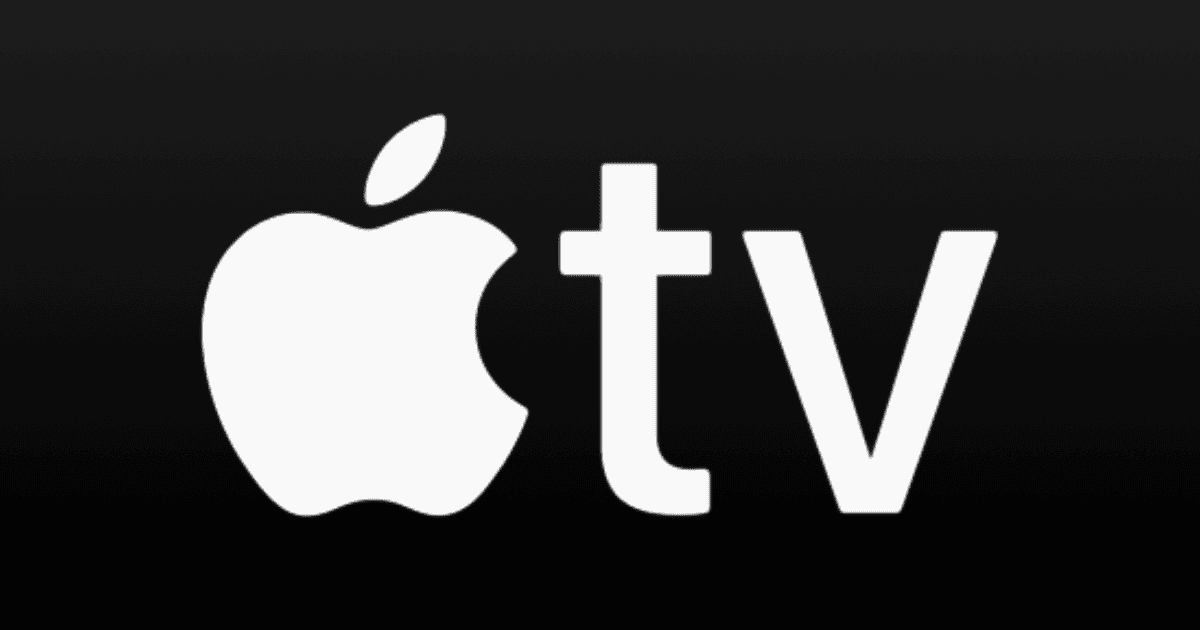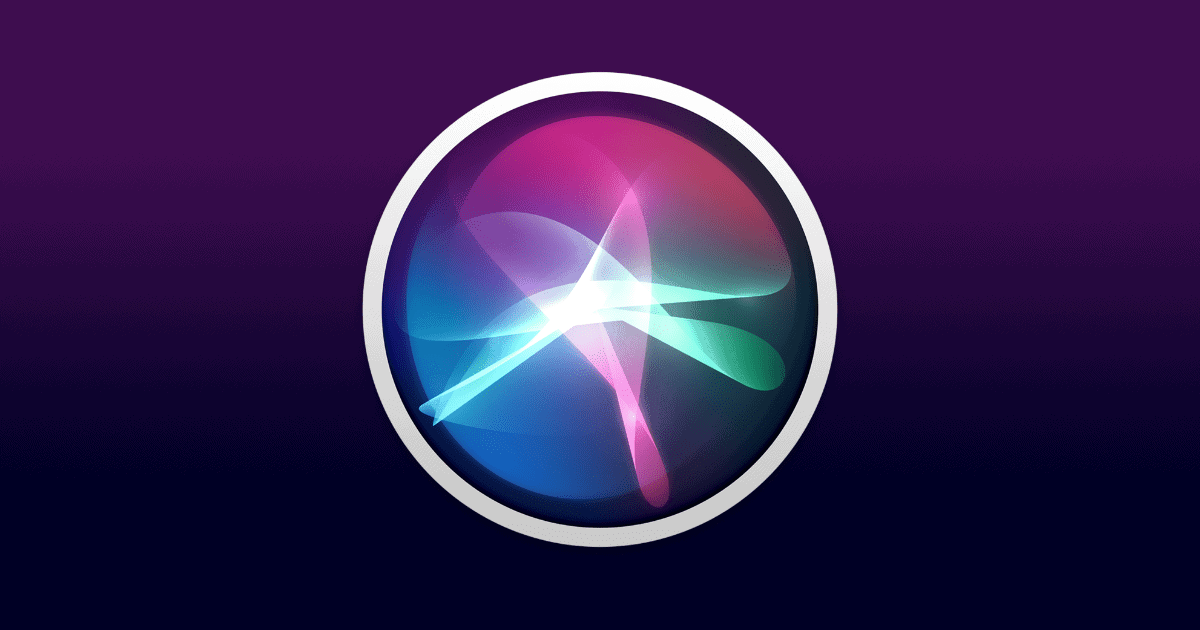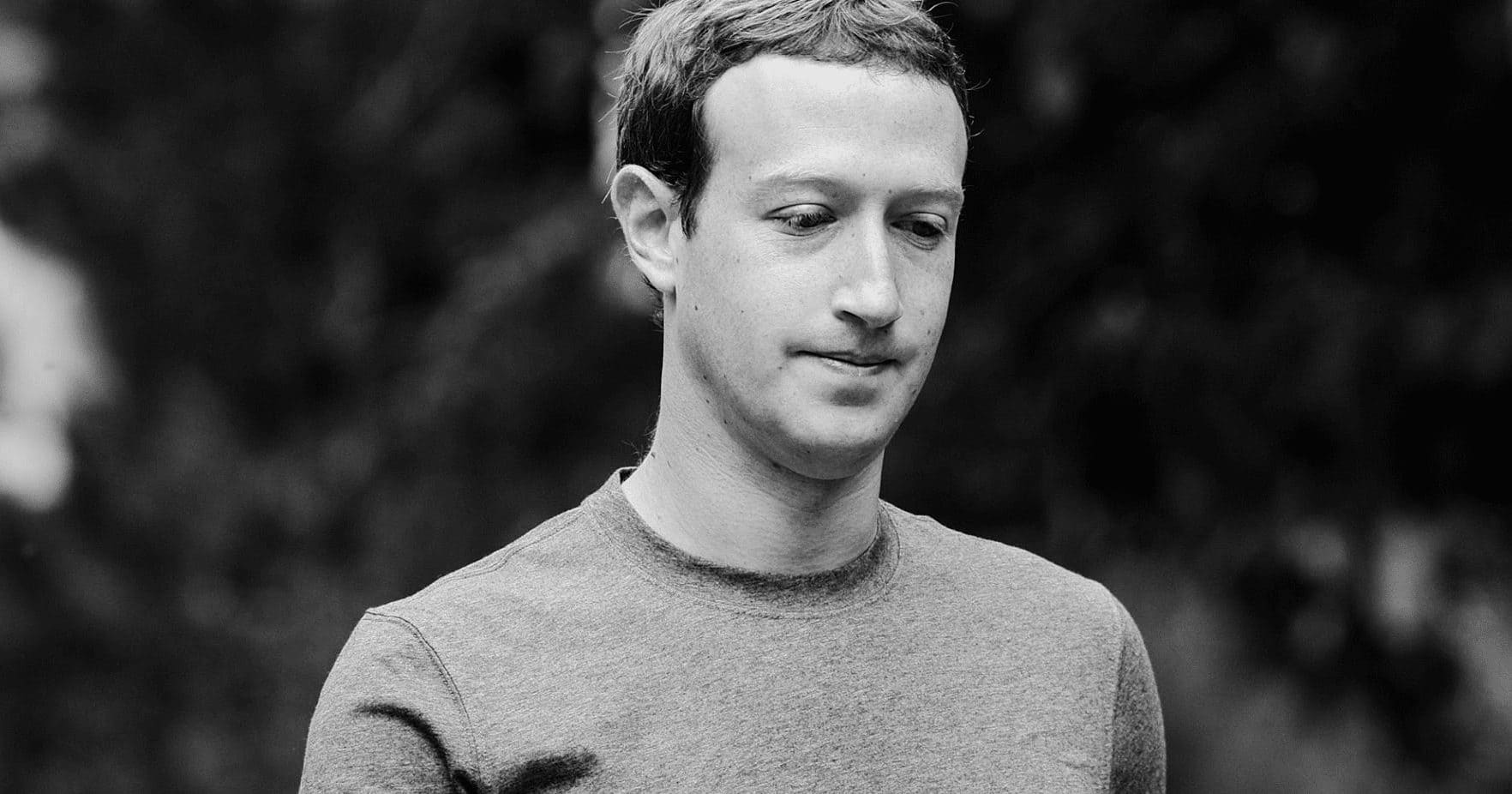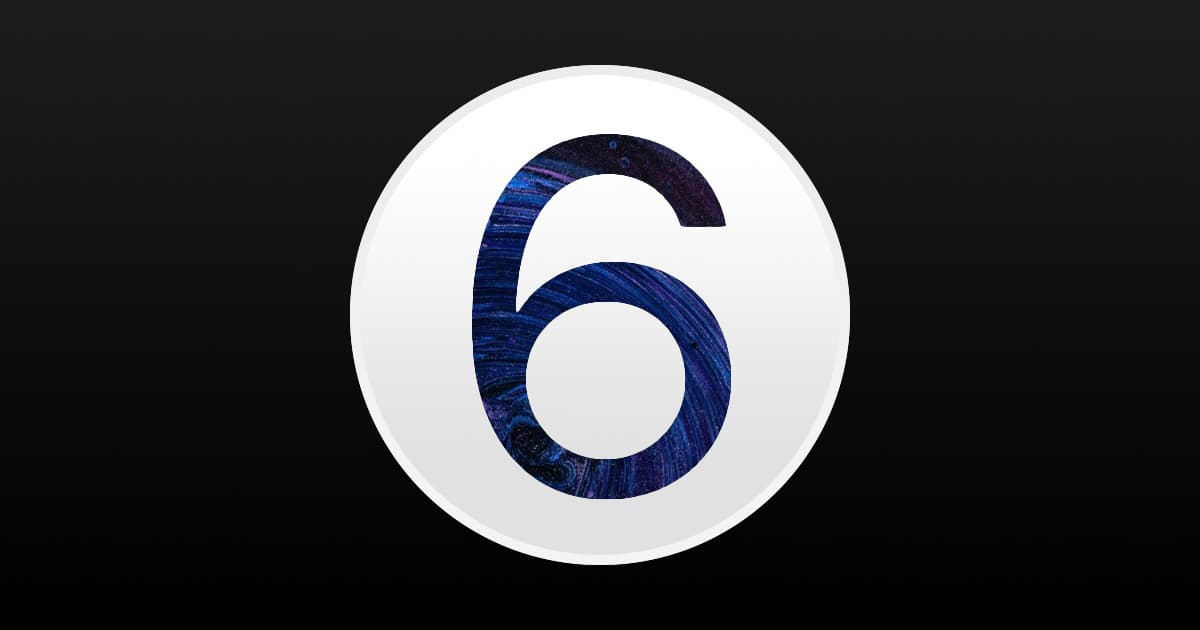Our holiday giveaway has officially come to an end, and we’re so excited to share the results! Congratulations to Antoni N.!
AvengerCon: The Return of a Hack Convention for the Military
AvengerCon is a hacking convention for members of the US Cyber Command and government cyber operations community at the US CYBERCOM DreamPort facility.
AvengerCon is an event that is attracting the very best talent both from our DoD participants and also from some of the folks that are working with us outside of the DoD,” Luber said. “When you bring those very best cyber experts together, they get to learn, test out new ideas, and work in an environment that is hosted by and for DoD cyber operations community experts.
The AI 'AlphaStar' Becomes a Grandmaster in StarCraft II
DeepMind’s AlphaStar AI has recently become a Grandmaster in the game StarCraft II.
StarCraft requires players to gather resources, build dozens of military units, and use them to try to destroy their opponents. StarCraft is particularly challenging for an AI because players must carry out long-term plans over several minutes of gameplay, tweaking them on the fly in the face of enemy counterattacks. DeepMind says that prior to its own effort, no one had come close to designing a StarCraft AI as good as the best human players.
Apple Previews Upcoming 'See' Series on YouTube
Apple has uploading a two-minute featurette of See, a series in which everyone in the world has lost the ability to see.
Jason Momoa stars as Baba Voss, the father of twins born centuries later with the mythic ability to see—who must protect his tribe against a powerful yet desperate queen who believes it’s witchcraft and wants them destroyed. Alfre Woodard also stars as Paris, Baba Voss’ spiritual leader.
iPhone Camera Evolution, The Internet At 50 – TMO Daily Observations 2019-10-30
Charlotte Henry and Andrew Orr join host Kelly Guimont to discuss the latest iPhone camera software and hardware, and the internet at fifty.
20 Million App Store Ratings Were Just Wiped Out
An accident at Apple recently wiped out over 20 million App Store ratings including popular ones like Hulu, Google, Microsoft, and more.
Apple Preparing to Launch First 5G iPhones in 2020
Apple is reportedly preparing suppliers to produce a 5G iPhone in 2020 and has set aggressive sales targets for the device.
Facebook Fined by UK Information Commissioner Over Cambridge Analytica
The UK’s Information Commissioner’s Office has fined Facebook over the Cambridge Analytica scandal. The social media giant will pay a total of £500,000 ($630,240) and made no admission of liability, BBC News reported.
As part of the agreement, Facebook has made no admission of liability. The US firm said it “wished it had done more to investigate Cambridge Analytica” earlier. James Dipple-Johnstone, deputy commissioner of the ICO said: “The ICO’s main concern was that UK citizen data was exposed to a serious risk of harm. Protection of personal information and personal privacy is of fundamental importance, not only for the rights of individuals, but also as we now know, for the preservation of a strong democracy.” Harry Kinmonth, a Facebook lawyer, noted that the social network had made changes to restrict the information app developers could access following the scandal.
WarnerMedia Reveals HBO Max, Its Apple TV+ Competitor
WarnerMedia unveiled its plans for HBO Max, which will host shows from a variety of company-owned properties and some original content.
Some Ford 2020 Vehicles will Feature Wireless CarPlay
Today Ford announced its SYNC 4 infotainment system which includes support for wireless CarPlay available in select Ford 2020 vehicles.
Next Apple Watch Activity Challenge Set for 2019 Veterans Day
2019 Veterans Day will feature the next Apple Watch activity challenge. The workout has to be 11 minutes or longer.
Apple Music Student Plans Get Free Apple TV+
People that are on the US$4.99/mo Apple Music student plan will also get a free subscription to Apple TV+.
The iPhone 11 Camera is Completely New
In Part 1 of a multi-part series, Sebastiaan de With wrote an article about the iPhone 11 camera and how it’s completely new.
It’s true: The great advances in camera quality for these new iPhones are mostly to blame on advanced (and improved) software processing.
I’ve taken some time to analyze the iPhone 11’s new image capture pipeline, and it looks like one of the greatest changes in iPhone cameras yet.
AirPods Pro go on Sale Across The Globe
New AirPods Pro landed in Apple Stores around the world, with customers in Tokyo and Shanghai some of the first to get their hands on them.
SideNotes for Mac: $7.99
We have a deal on SideNotes, a note-taking app for the Mac where your notes live on the side of your screen. Plus, those notes will show and hide themselves to keep out of the way. You can also mark notes with colors and group them into folders. SideNotes for Mac is $7.99 through our deal.
Want to Help Train AI? Send This Company Pictures of Your Poop
A company called Seed wants to build a database of 100,000 poop photos so an AI can learn to tell the difference between healthy and unhealthy poop.
Ara Katz, co-founder and co-CEO of Seed, hopes that the poop project is just one of the company’s many future contributions to our understanding of health. “It’s projects like this [that] allow people who are not scientists to participate in citizen science. By crowdsourcing data, we can help researchers and technologies like auggi in order to help people identify different conditions.”
Take a poop pic and submit it at seed.com/poop.
EU Tells Facebook, Google, Twitter to do More to Fight Fake News
The EU Commission told Facebook, Google, and Twitter to increased their efforts to fight fake news. Reuters reported that the EU’s executive has said that if the companies do not to more, it will take regulatory action.
The Commission is now drawing up regulations known as the Digital Services Act. This will set out liability and safety rules for digital platforms, services and products, a move which has already triggered fears in the tech industry of heavy-handed intervention. The latest monthly report from the companies showed a wide divergence between them and provided few details on the impact of the measures taken by the companies, EU Justice Commissioner Vera Jourova, EU security chief Julian King and EU digital commissioner Mariya Gabriel said in a joint statement. “Large-scale automated propaganda and disinformation persist and there is more work to be done under all areas of the Code. We cannot accept this as a new normal,” they said.
Vint Cerf's Favorite Moments From the First 50 Years of The Internet
On October 29th, 1969, the first packet was sent, laying the foundation for what we know as the internet. Fifty years on, Google VP and web evangelist Vint Cerf reflected on some of his favorite internet moments.
1. October 29, 1969: The first packet was sent. This pioneered our understanding of operational packet switching technology, which prepared us for the subsequent development of the Internet. 2. 1971: Networked electronic mail was created using file transfers as a mechanism to distribute messages to users on the Arpanet. 3. 1974: The design of the Internet was released. Robert Kahn and I published “A protocol for packet network intercommunication.” In this paper we presented not only a protocol, but an architecture and philosophy that supported an open design for the sharing of resources that existed on different packet-switching networks. 4. November 22, 1977: A major demonstration of the Internet took place, linking three networks: Packet Radio, Packet Satellite and ARPANET. 5. January 1, 1983: The Internet was operationally born, and I’ve used an “electronic postcard” analogy to explain how it works.
Corellium Strikes Back Saying it Makes iPhones Safer
Apple filed a lawsuit against a company called Corellium. This company runs virtualization software that lets it emulate iOS. It responded to Apple’s lawsuit on Monday and said it makes iPhones safer. Oh, and it claims Apple owes it US$300,000.
Corellium’s key argument lies on the assumption that Corellium’s customers are looking for bugs with the intention of alerting Apple of their existence…For now, however, that is only an assumption…When Motherboard asked today whether they ever reported a bug in iOS found using Corellium, Mark Dowd, the founder of Azimuth, said: “no.”
That “no” is a pretty damning answer. If you claim that your software helps fix iOS bugs, you should probably also report those iOS bugs to Apple. At least if you also claim to make iPhones safer, because selling those bugs on the black market doesn’t do that.
It Will Cost $89 to Replace a Lost AirPods Pro
It’s all too easy to lose wireless earbuds, but the cost of replacing an AirPods Pro should act as another incentive to be extra careful.
Update PSAs, Restaurant Payment Systems – TMO Daily Observations 2019-10-29
Andrew Orr and John Martellaro join host Kelly Guimont to discuss system updates to iPhones and HomePods, and the evolution of payment tech.
Apple TV+ Execs Talk About the Service in Interview
Apple TV+ executives talk about the service in an interview. Jamie Erlicht and Zack Van Amburg, former Sony employees, talk shop.
One of the first things they had to wrap their heads around was that they were no longer working for a Hollywood studio. The traditional factors that had defined their options as studio chiefs for so long — budget deficits, international sales, syndication potential, et al. — no longer applied. Now, the guiding principle was to build a service worthy of the Apple brand that also harnessed the power of digital media. The result is a collaboration between many departments.
iOS 13.2: How to Turn off Siri Grading so Audio Snippets Won't be Shared
Yesterday Apple released the iOS 13.2 software update and one of the features it brought was the ability to turn off Siri grading.
Facebook Employees Write to Mark Zuckerberg Over Political Ads
Hundreds of Facebook employees signed a letter to Mark Zuckerberg, raising concerns over the company’s policy towards political adverts.
Apple Releases watchOS 6.1 to Support AirPods Pro
Alongside macOS 10.15.1 comes an update to the Apple Watch as watchOS 6.1. It supports AirPods Pro and brings watchOS 6 to older devices.






